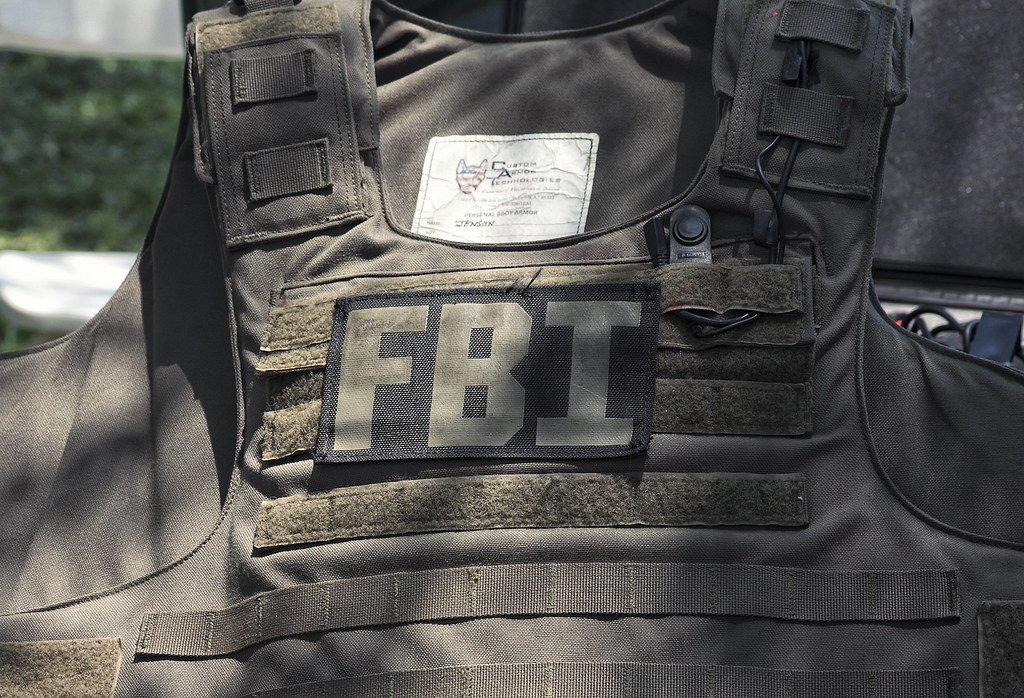Key Takeaways
• Former prosecutor Joyce Vance says politics taints the FBI investigation
• Agents made mistakes like naming a wrong suspect and sharing shaky ammo details
• Vance warns that Trump’s influence could steer agents away from key leads
• The politicized process risks fueling conspiracy theories
A former top prosecutor argues that the FBI investigation into Charlie Kirk’s murder now serves politics more than justice. Instead of quiet press briefings, agents turned to tweets. Because of that, the hunt for Kirk’s killer lost credibility and may face serious roadblocks.
Why the FBI Investigation Raised Concerns
Charlie Kirk died at Utah Valley University. His death sparked worldwide coverage. Sadly, two days later, the killer still roams free. In that tense time, the FBI investigation suffered high-profile blunders. First, the director claimed a suspect was in custody. Then agents had to admit they were wrong. Next, an agent told a public influencer that the shooter used ammo engraved with pro-transgender slogans. Yet, officials later said that detail might also be false.
Instead of calming fears, these missteps sparked more questions. Former federal prosecutor Joyce Vance spoke out. She used her Substack writing platform to slam the FBI. Vance said agents chased headlines instead of facts. As a result, she warned, they risk feeding dangerous rumors.
Main Blunders in the FBI Investigation
Wrong Arrest Claim
On Wednesday, agents held a news conference. They said a suspect was in jail. However, hours later they backtracked. No one stood charged. This error made people doubt every update.
Unverified Ammo Details
Soon after, an agent spoke on the record. He said the killer’s bullets had pro-transgender messages. Yet, when asked again, officials admitted that might be untrue. These mistakes came in just 48 hours. They shook trust in the entire FBI investigation.
Tweets Over Briefings
Moreover, the bureau used social media over traditional press conferences. While tweets can reach millions, they lack depth. Vance pointed out that tweets leave too much room for misreadings. Consequently, conspiracy theories thrive.
Politics and the FBI Investigation
Joyce Vance believes politics underlies these errors. She noted that President Trump often criticized agents who gave him bad news. Thus, some agents fear they could lose their jobs if they contradict the president. As a result, agents might avoid leads that challenge the official narrative.
Vance compared this case to past political violence. She reminded readers that a Minnesota legislator’s killing also drew bipartisan outrage. Yet, the FBI steered clear of politics then. Alternatively, she said, Trump’s aides joked when an attacker shot Nancy Pelosi’s husband. In those moments, Republicans downplayed the violence. Now, the bureau seems pressured to focus on details that fit one side’s story.
Could Politics Hinder the Case?
Vance asked whether loyalty to the president will interfere with solid detective work. Will agents ignore evidence that doesn’t match the chosen storyline? She fears true leads may die because they clash with public claims. Moreover, agents who speak up against the narrative may face punishment. For instance, under Trump, some agents lost jobs for doing their duty.
This fear of retaliation could leave critical clues unexplored. Indeed, an agent might hesitate to chase down a tip if it reveals uncomfortable truths. Furthermore, once public trust erodes, witnesses may stop sharing what they know. In turn, the entire investigation falters.
What Comes Next?
For now, the FBI investigation continues. Agents still hope to find the person who pulled the trigger. They must correct past mistakes and rebuild trust. First, they can hold clear press conferences. Then, they need to share only verified facts. Also, they should work to keep politics out of each step.
Indeed, calling off the sound bites and tweets could help. Instead, agents can offer more context and answer tough questions. That approach will calm fears and limit rumors. Above all, they must follow every lead, regardless of political fallout. Only then will justice for Charlie Kirk have a real chance.
Steps to Rebuild Trust
• Hold regular in-person briefings
• Verify every piece of information before release
• Promise transparency, even when updates show no progress
• Shield agents from political pressure
As investigators do their job, the public should demand clear facts. At the same time, citizens must resist jumping to conclusions. Conspiracy theories flourish when trust erodes. Therefore, everyone benefits when law enforcement sticks to evidence.
In the end, the FBI investigation must prove it can rise above politics. Only a fair, fact-based process will catch the killer and restore faith in justice.
Frequently Asked Questions
Why did Joyce Vance criticize the FBI?
She felt the bureau’s handling of Charlie Kirk’s murder hunt mixed politics with facts. Errors and public gaffes undermined trust.
What mistakes happened during the manhunt?
Agents first named a wrong suspect. Then they shared ammo details that later proved shaky. Tweets replaced clear briefings.
How can the FBI rebuild public trust?
By holding regular press conferences, sharing only checked facts, and staying clear of politics. Agents should feel safe following all leads.
What risks come from a politicized investigation?
Leads may go unpursued if they clash with the public story. Witnesses might stop cooperating. In the end, the true culprit could slip away.
